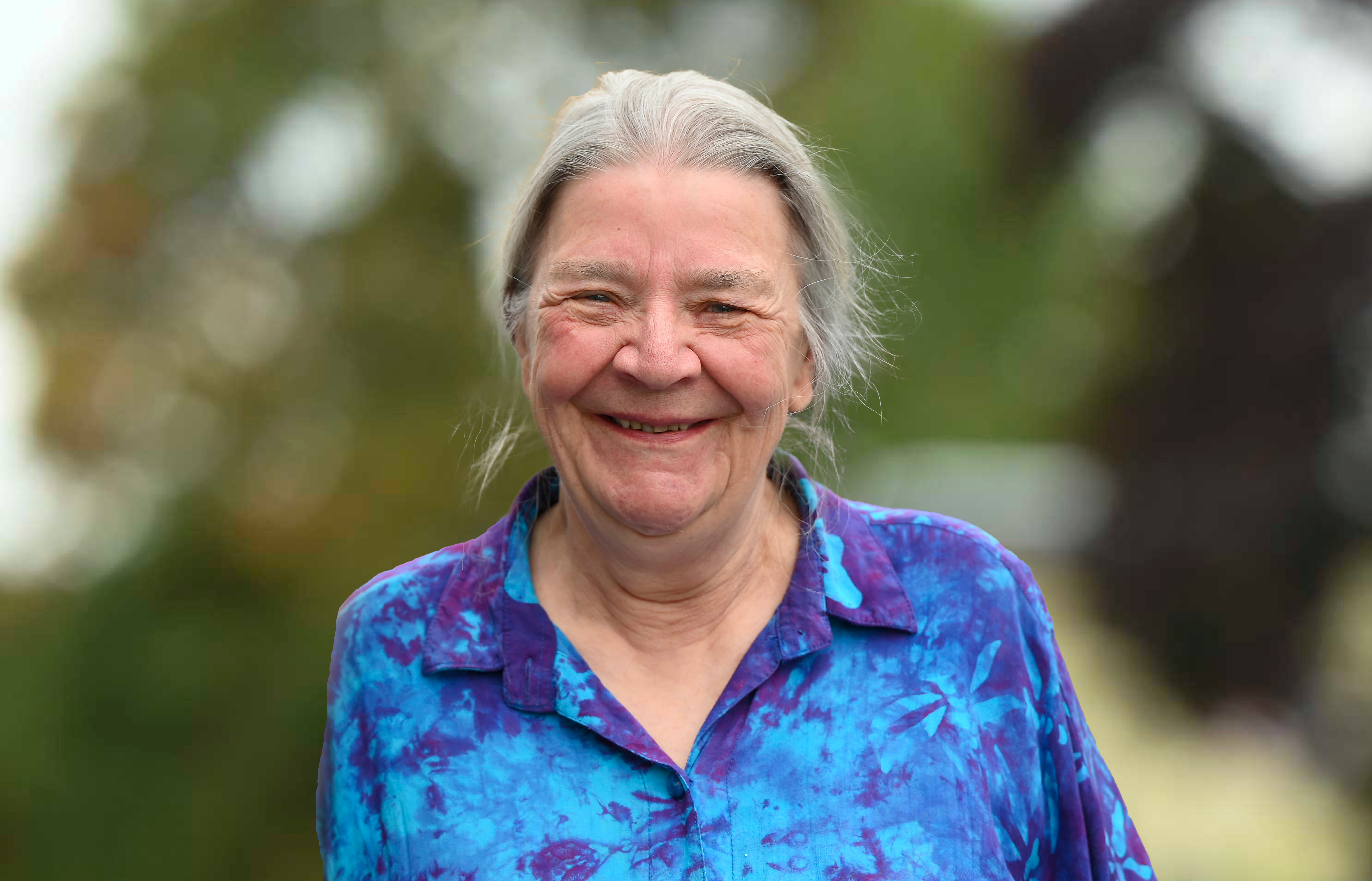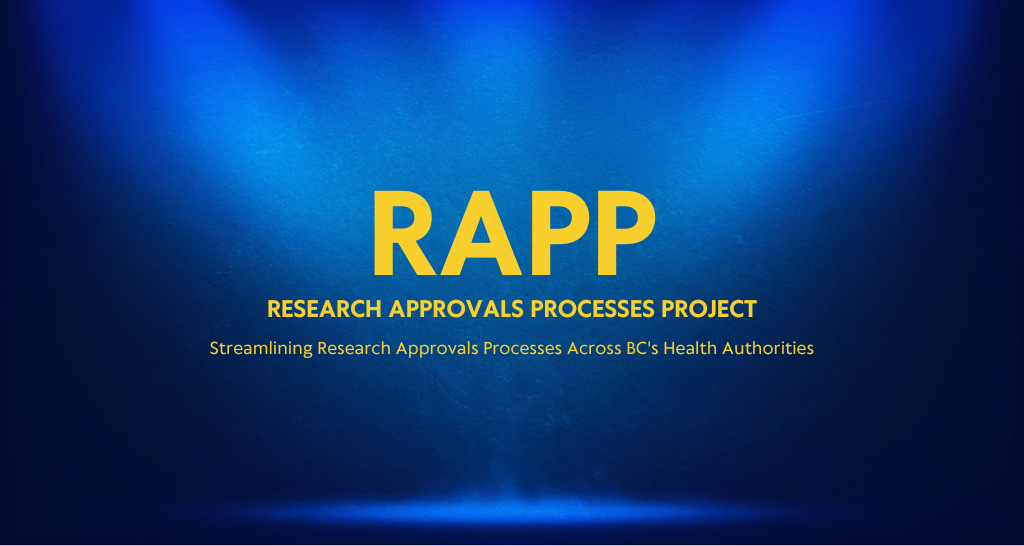Community prioritizes research for people with dementia
4 June 2024

Photo: Delores Broten is a patient partner who had a loved one with dementia. Image courtesy of Island Health.
“My husband had dementia for 15 years, and we went through the good, the bad and the ugly. I’ve always thought there must be better ways to do this,” says Delores Broten, patient partner in the Comox Valley and editor for the Watershed Sentinel. “The horror and pain that caregivers go through is what I particularly remember.”
People with dementia experience changes in personality, mood and behaviour. They may not only lose their memory, but also the ability to care for themselves. These symptoms can be devastating for people with dementia and their caregivers.
What are the gaps in dementia care?
What you should know
|
|---|
The Comox Valley on Vancouver Island has one of the largest populations of seniors in BC. Almost one-third are aged 65 and older. As people age, their risk of dementia increases. This means the need for dementia care and caregiver support will continue to grow.
That’s why people in the Comox Valley are planning to better support people in their community. In a workshop held last fall, residents, health-care leaders and community partners joined to identify priorities for dementia care.
Using a patient-oriented research approach, the workshop engaged 57 attendees, including people with lived and living experience of dementia, community members, researchers and healthcare staff. Dr. Uta Sboto-Frankenstein is a research navigation coordinator with Island Health and the BC SUPPORT Unit Island Centre.
“Patient-oriented research meaningfully engages patients and partners in research that affects them,” says Uta. “One of the approaches that we have always taken is to host a workshop, engage the relevant interest holders in conversations around their priorities, and ensure that the research will build on these priorities.”
Participating organizations included the BC SUPPORT Unit Island Centre, Comox Valley Community Foundation, Comox Valley Healthcare Foundation and Island Health. Funding for the workshop was provided by the Comox Valley Community Foundation through the Florence and Robert Filberg Medical Health Research Fund and facilitated by the Comox Valley Healthcare Foundation. The BC SUPPORT Unit Island Centre staff provided patient-oriented engagement expertise to facilitate the workshop.
Community members identify what they need
During the workshop, four priority areas were identified for collective action: staying at home longer, caregiver supports and respite, dementia-friendly communities, and navigating supports.
“There’s so much that needs to be done,” says Delores. “I think, first of all, the fact that there’s an acknowledgement of the need for more input and support. There should be more early dementia support. There’s support for people with dementia, but there’s not a lot for the caregivers. There needs to be more community intervention all the way along.”
Staying at home longer was a top priority. This maintains people’s choice, autonomy and support systems, such as day programs, housing and transportation.
Second, caregivers desperately need better support, including education, training and respite.
Third, dementia-friendly communities are needed. This includes community supports, infrastructure and transportation.
Finally, families experience challenges getting access to services. Up-to-date information must be shared among care providers and partners, so families understand how to get what they need.
“Research benefits patients more when it involves them and their loved ones” says Monica Mamut, director, BC SUPPORT Unit. “Our team supported a local plan for dementia research, based in community needs. We’re grateful to be part of a growing research community in the Comox Valley.”
Future research builds on community priorities
Most research-intensive institutes are in BC’s urban centres, not in rural and remote communities, like the Comox Valley. This means new research teams and partnerships are needed to support research priorities from the workshop.
“We have to pull research talent from across Vancouver Island to the Comox Valley,” says Uta. “That’s why these research awards are key. We don’t just make the awards available, we also provide support to build the teams and relationships that are needed.”
Funding to support this research comes from the Florence and Robert Filberg Medical Health Research Fund. The funding supports pilot grants and fellowships in the Comox Valley. Teams will lead patient-oriented research projects in the community’s four priority areas.
Led by community needs, these projects will build local research skills and knowledge. This work will directly benefit those who need it most and will transform dementia care in the Comox Valley.
References
Comox Valley dementia care workshop: Reporting on what we heard. (2023).
Statistics Canada. (2021). Census profile, 2021. Comox Valley, Regional district (RD) British Columbia. Retrieved May 1, 2024.
Canadian Institute for Health Information. Dementia in Canada: Summary. Accessed May 1, 2024.





